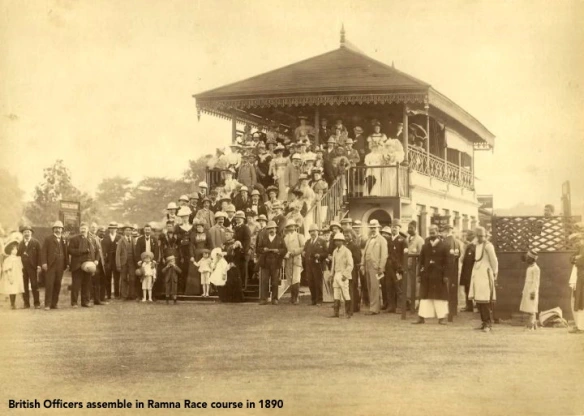Cancellation of the Partition of Bengal (1911): A Victory for National Unity
History Indian HistoryPosted by NewAdmin on 2025-02-03 09:40:05 |
Share: Facebook | Twitter | Whatsapp | Linkedin Visits: 28

The Partition of Bengal, initially carried out in 1905 by the British government, was a controversial move that sought to divide the province into two parts: East Bengal and West Bengal. Ostensibly, the partition was intended for administrative efficiency, but many Indians viewed it as a deliberate attempt to weaken nationalist sentiment and divide the Hindu and Muslim communities. The decision caused widespread resentment, leading to mass protests, especially from the Bengali intelligentsia and nationalist leaders, including Surendranath Banerjee, Rabindranath Tagore, and Aurobindo Ghosh. The partition was seen as part of the British "divide and rule" strategy, which sought to exploit existing religious differences in India to maintain colonial control. The backlash against the partition included the Swadeshi Movement, which encouraged the boycott of British goods and the promotion of indigenous products.
The agitation and unrest that followed the partition of Bengal were so intense that by 1911, the British government began to reconsider its decision. The rise in protests and the growing unity among Hindus and Muslims against the partition were significant factors. In 1911, in response to this increasing opposition and the demands of nationalists, the British government under King George V decided to reverse the partition. The formal announcement was made during the Delhi Durbar in December 1911, when it was declared that the partition of Bengal would be annulled, and the province would be reunified.
The cancellation of the partition was a significant victory for the Indian nationalist movement, which had successfully mobilized against the divisive policy. The reunification of Bengal was seen as a triumph for the unity of India, particularly in the face of British colonial strategies. However, the cancellation did not bring an end to the nationalist struggle. It also led to new dynamics in Indian politics, with the creation of a separate Muslim identity emerging more clearly, especially with the rise of the All-India Muslim League.
The reversal of the partition did not fully pacify the political climate, as tensions continued to rise. Nonetheless, the cancellation marked a critical moment in India's struggle for independence, highlighting the power of mass movements in challenging British imperial policies.
Search
Categories
Recent News
- Social Security Scheme Benefits Reach Thousands in Madurai
- Gates vs. Epstein: The Battle of Billionaires Amid Scandalous Allegations
- Telugu Star Fights AI Pornography: A Battle for Privacy and Dignity
- Elderly Woman's Expensive Pigeon Feeding Habit
- Reviving a Democratic Tradition: India's Election Chiefs Convene
- Medical Student's Tragic Death Shocks Nellore College
- Tamil Nadu's Welfare Drive: Empowering Citizens, One Camp at a Time
- Telangana's T-Safe App: Revolutionizing Women's Safety
Popular News
- Navigating IPO Market Dynamics Amid Volatility and Regulatory Changes
- Massive Worldwide Microsoft Outage Disrupts Multiple Sectors
- Panjapur Bus Stand to Reshape TNSTC Routes
- తెలుగుదేశం పార్టీ - పేదరికాన్ని నిర్మూలించడంలో వాగ్దానం
- Universities Embrace Remote Learning Technologies Amidst Ongoing Pandemic